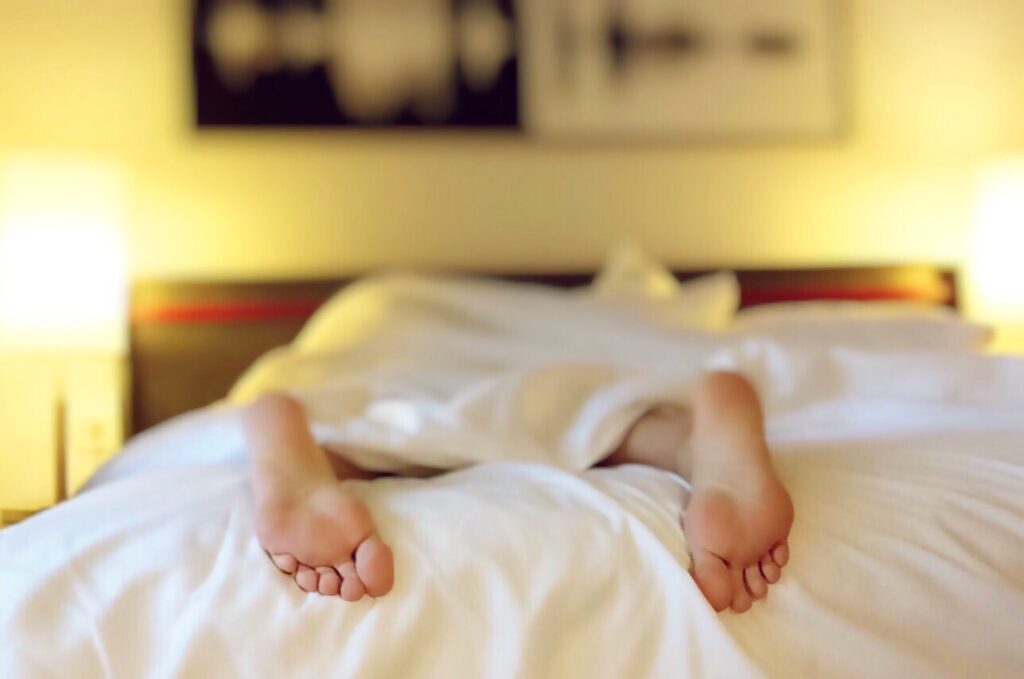By Fatima Malik
If you’re familiar with ADHD and its adverse impacts on the body, it might not be surprising to find out that ADHD has negative effects on the quality of sleep.
Kids with ADHD usually suffer from sleep issues, like having trouble falling asleep, staying asleep and waking up in the morning.
Although there are no studies that fully show the causes of sleep irregularities related to ADHD, the relationship between ADHD and poor sleep is commonly observed.
The negative effects of ADHD on sleep are usually surrounding the following three aspects of quality sleep:
Falling Asleep:
Kids with ADHD have trouble calming their brains to wind down for sleep. They struggle to “stop thinking” when they are in bed.
Staying Asleep:
Kids with ADHD are often prone to sleep disorders like restless leg syndrome, in addition to bedwetting and nightmares.
Waking up in the morning:
Kids with ADHD tend to stay up late because they feel more productive at night, so waking up in the morning with insufficient sleep can be a challenge. Not to mention the brain fog that accompanies lack of sleep.
5 tips to tackle the negative effects of ADHD on sleep
Also read: 10 essential tips for parenting a child with ADHD
1. Stick to a bedtime routine and start early
Kids with ADHD need to wind down earlier than a neurotypical child. They need structure and the same routine every day, for example, showering/bathing, changing into their PJs, picking out clothes for the morning and doing something calming in bed, like reading.
2. Screen time needs to end way before bedtime
When the wind-down routine starts, they should only be doing calming activities, like reading or listening to music, doing yoga as a family. Additionally, as a parent, you can help by keeping the house quiet and calm as bedtime approaches.
3. Get tasks done earlier
As mentioned, the bedtime wind-down needs to start earlier for a kid with ADHD; therefore, any tasks that need to be done beforehand should begin earlier. Like homework, or dinner etc. Because kids with ADHD have a hard time completing tasks they aren’t interested in, setting up a good incentive to complete the task is very helpful.
4. Exercise Daily
A child with ADHD has a lot of pent-up energy that needs to be exerted to get quality sleep. Exercises like going for a leisurely walk in the evening, yoga and playing with the dog will help the child exert that energy and get better sleep.
This tip is to be done in combination with the wind-down routine. After the exercise, there can not be any screen-time or any exciting activities that may stimulate the brain enough that they can’t “stop thinking” when it’s time for bed.
5. Try white noise or ocean sounds
It seems to help a child with ADHD to have a sensory stimulus that is calming enough for them to fall asleep and stay asleep. White noise machines or ocean sounds on your google mini will help the child fall asleep and stay asleep.
Having your kid diagnosed with ADHD can be overwhelming, which is why we’re here to support you as parents of a child with ADHD. If you need additional help with setting up schedules or sleep routines, please feel free to contact one of our parenting coaches at 1-866-503-7454.
We have professionals located all over Canada.
Montreal, Quebec.
Waterloo, Ontario.
Winnipeg, Manitoba.
Toronto, Ontario
Vancouver, British Colombia

